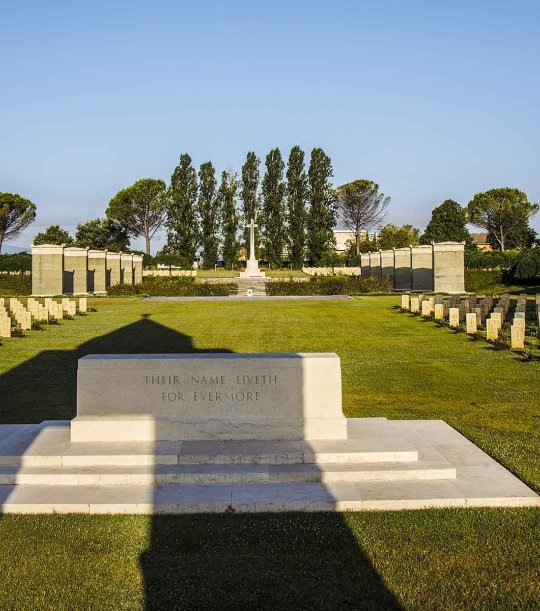An old but still very much felt tradition in our country, a way of showing closeness to the family of the deceased.
Italy is a country of traditions. At every moment of our lives there is a custom to be respected or simply honoured. And the solace is definitely one of them. This term, which derives from 'to console', refers to the simple gesture by friends and relatives to look after, and console, the family of the deceased with home-cooked food or groceries for the days to come. How did this tradition come about?
From rural Italy to today: the custom of the solace
From central to southern Italy, this tradition is still alive. It is certainly not rooted in the past, where basic necessities that were very often lacking in homes, such as simply a packet of sugar or salt, were brought to the relatives of the deceased. Today, the rule of respect and modesty is very often in force, hence little intrusion into the grief of others. One does, however, try to do one's best, bringing hot meals to the homes or offering to take care of inconvenient chores during the period of mourning.
Various types of solaces still exist today, depending on the proximity to the family or the time of the visit: usually the closest family members were in charge of preparing or bringing breakfast, i.e. sweets, coffee and hot drinks. During the day's meals, the closest took turns preparing lunches and dinners. This continued for the first few days of mourning until the end of the funeral. Friends, on the other hand, who usually visited the deceased and his family in the afternoon hours, brought sugar and coffee, but also biscuits or pasta as gifts. Not knowing the needs of the family, they tended to give things that were always useful and with no particular expiry date. We can say that to this day, these are still the most practised consolation customs.
In the bourgeois families of the past, breakfasts were served at the town's most important bar, and anything that was given away and not eaten, went to the needy community. Definitely a nice gesture to pray and remember the deceased.
It is certainly possible to trace this tradition back to the ancient funeral banquets that were held in ancient Rome or the Greek world. It was called 'silcernium' and consisted of a veritable banquet with rich and tasty dishes that followed the burial of the deceased. Its purpose was to accompany the deceased and to sanction a separation with those left on earth.
Today, traditions are changing and often the famous 'visits' to family members take place in the days following the funeral, especially if we are talking about friends or acquaintances. All it takes is a thought to respect the custom of solace, because the important thing is to console in the respect and love that binds us to those who are suffering.



